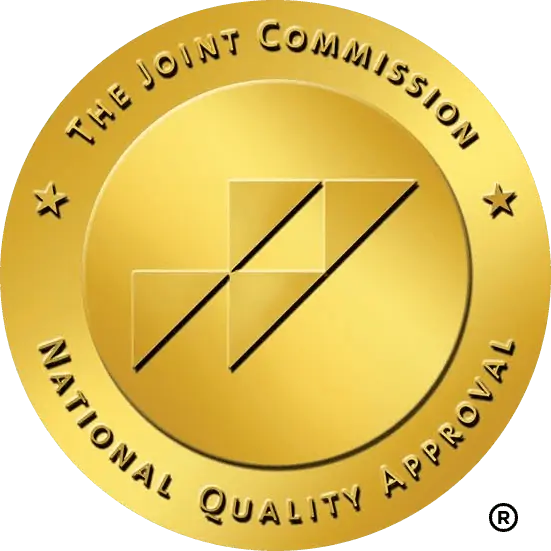Suicidal teenagers are in the deepest and darkest pain imaginable. A teen will typically think a suicide plan through in detail while being stuck in this pain. But many suicides can be prevented when the adults in a teen’s life know the risks and warning signs — and understand what to do and who to turn to for intervention.
Teen Suicide Risks
Familiarize yourself with the common risk groups of teenagers who are susceptible to thinking about suicide. Not every teen in these risk groups are suicidal, but they may be more sensitive to pressures, anxieties, and problems they’re experiencing. In fact, statistics show that nine out of 10 teens who committed suicide were diagnosed with a psychiatric or mental health condition. A teen may fall into one or more of the following risk groups, which include these conditions:
- A diagnosis of a mental health illness, such as anxiety, depression, or bipolar disorder
- A family history of depression or suicidal tendencies
- A major life change, such as the death of a parent or sibling
- Abuse issues (sexual, physical, emotional, including bullying)
- Experiences of previous suicide attempts
- Feelings of isolation, hopelessness, and worthlessness
- Gender identity issues
- Ongoing substance abuse challenges
- Relationship troubles with parents or peers
Teen Suicide Warning Signs
You’ll frequently hear family and friends say they wish they saw any warning signs that could have prevented the suicide. Of course, warning signs do exist, but sometimes they’re subtle or even hidden. Other times, the warning signs are clear and evident.
Sometimes a teen will exhibit these warning signs as a cry for help. Keep these teen suicide warning signs in mind if you’re worried about a teen in your life:
- Drastically declining grades
- Gaining sudden possession of firearms, knives, or pills
- Giving away possessions to friends and family
- Mentioning suicide, even only in passing, jokingly, or in a drawing
- Substantial changes in eating or sleeping habits
- Sudden personality changes including panicky, agitated, rebellious and risky behaviors
- Talking about how burdensome, dark, or rotten they feel inside
- Withdrawal from family and severing relationships with friends
Teen Suicide Interventions
As soon as you detect a warning sign, jump into action and intervene. Your child may resist and push away any intervention but persist in your attempts. Sometimes a teen will move forward with his or her suicide plans regardless of interventions. However, it’s important to note promising studies showing that teens who have survived a suicide attempt are less likely to try again if they designate a close parent or adult to become more educated about the subject.
- Bring it out in the open: Don’t ignore your concerns or your gut feelings. Express your concerns to the teen, especially if he or she has mentioned the word suicide. You may be witnessing a cry for help and he or she is waiting for you to talk about it.
-
- Remove dangers in the home: When a child is self-harming (cutting), parents are typically advised to remove all sharp items and weapons from the home. Immediately do the same thing if you suspect that your teen is contemplating suicide. In addition to weapons, remove all pills, medicines, ropes, tools, and kitchen utensils. Doing this may not stop a plan, but it can slow it down enough so you can intervene further with professional help.
- Get professional help: Immediately find a mental health professional with experience in teen suicide. The right professional will help you and your teen find ways of coping with the problems that have led your teen to contemplate suicide.
If you’re looking for a community that understands what you’re going through, visit turningwinds.com. You’ll find compassionate academic and mental health professionals to guide you through this challenging time. If it’s clear that you’re facing an emergency situation, call or text 988, and you’ll connect with mental health professionals with the 988 Suicide and Crisis Lifeline.









